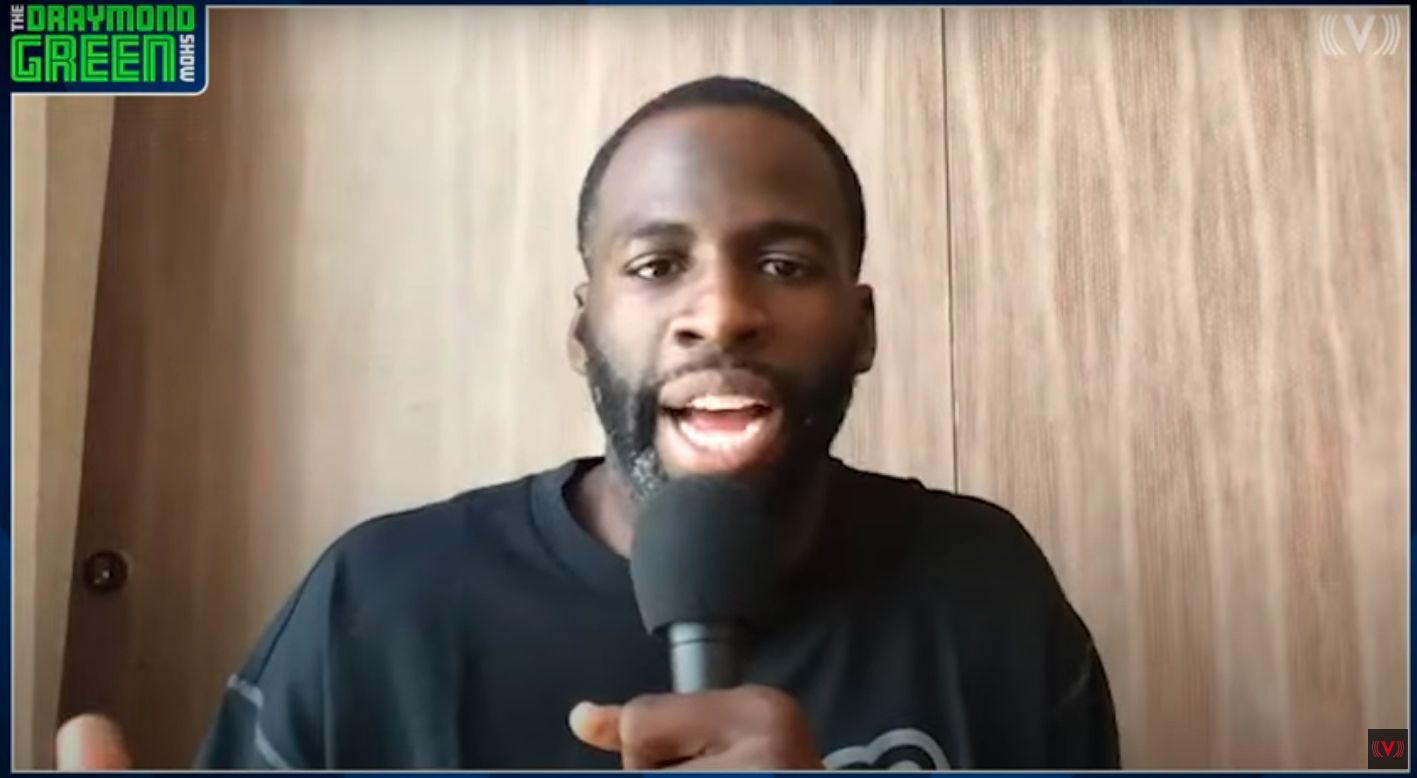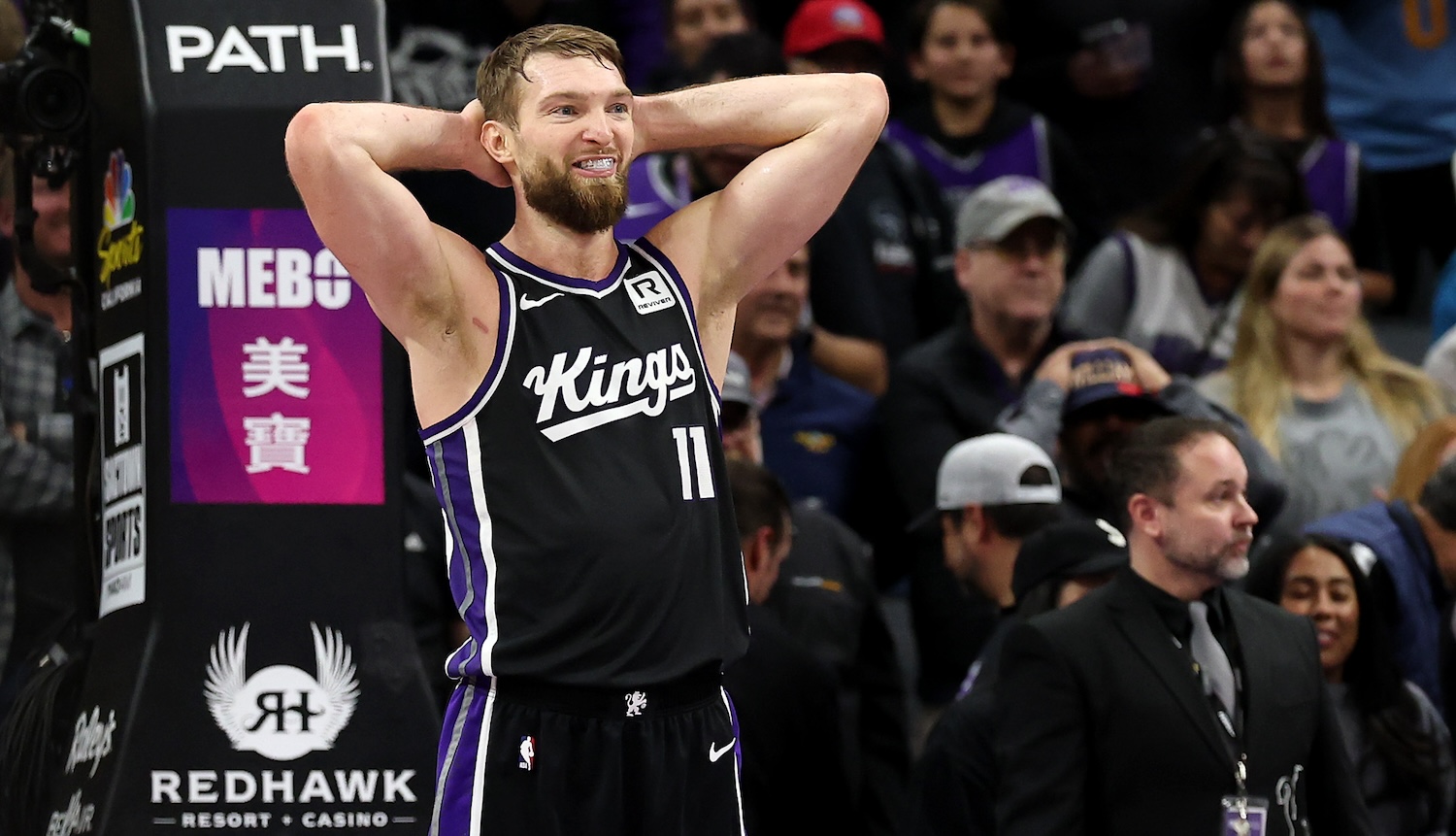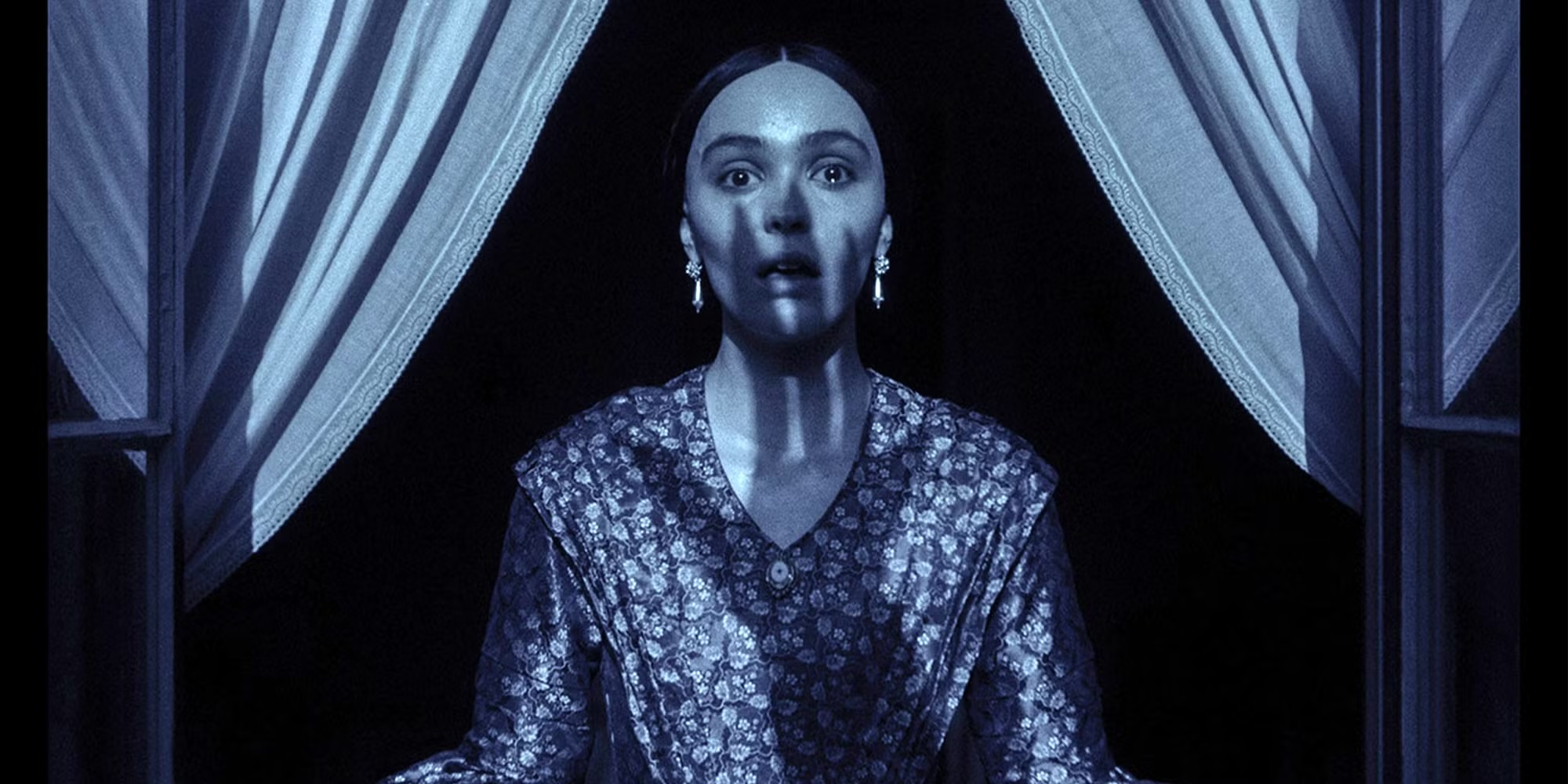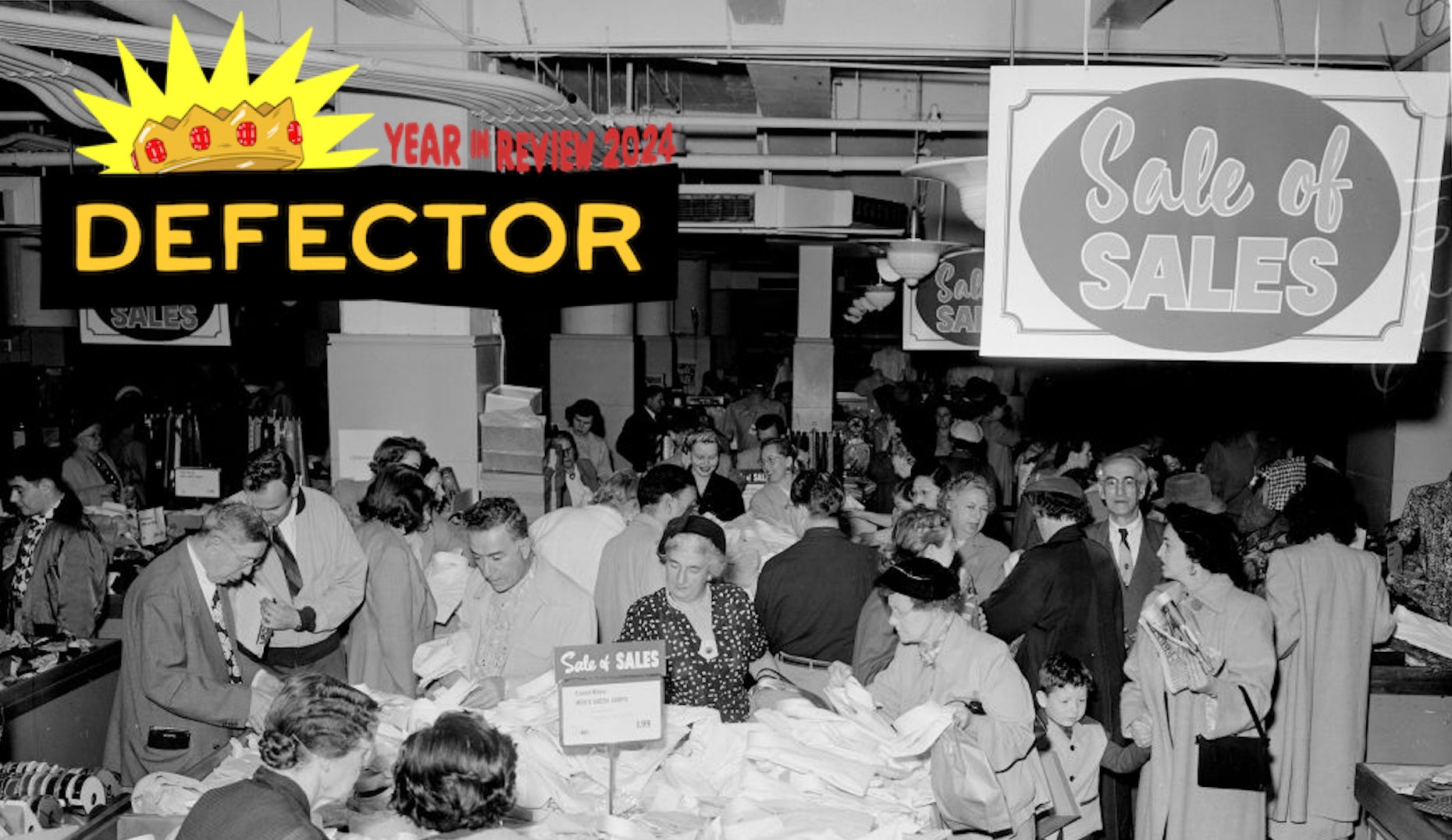Since the NBA released the findings of its investigation into Phoenix Suns owner Robert Sarver and announced his one-year suspension and $10 million fine last week, the league's players have voiced their displeasure with the light punishment for, among plenty of other things, saying the N-word that many times. LeBron James and Chris Paul put their names to their thoughts, while NBPA executive director Tamika Tremaglio said during an ESPN interview that she was speaking on behalf of the players when she called for Sarver to receive a lifetime ban. Warriors forward Draymond Green decided to use his podcast for good, and on today's episode he called for the owners to hold a vote on terminating Sarver.
Last week, NBA commissioner Adam Silver explained why he couldn't remove Sarver from the league: He works for Sarver and the other 29 owners. That was the main reason, and a deeply unsatisfying explanation, but the subtext here was that Sarver wasn't recorded on audio or video while he said racist things or mistreated his employees, so he could avoid the same fate as exiled Clippers owner Donald Sterling. Even though the list of Sarver's conduct was lengthy, and practically any other league employee would be jettisoned for a fraction of what he did, he has enough money to get away with something like openly saying he hates diversity at a meeting.
Green understands the power dynamic here, even if he thinks it sucks. But anyone can see that it all runs counter to the NBA's other values. Here's part of what Green said on his podcast:
For everything that the NBA stands against, and stands for, this report that came out last week is the total opposite of everything the NBA stands for. And so, to think that someone like Robert Sarver, that's acting in that manner, can continue to represent us, that's bullshit. You can't continue to represent way more people than yourself with those views, speaking to people the way he did, treating African Americans and women the way he has. That's not OK, because the moment any of us do something wrong, it's always, "Ah, we don't support that. We don't do this. We don't do that." And we're kinda left out on our own to figure it out. This guy gets to just come back in the fold as if he's still representing us?
This is why Green wants a vote, to see if the other owners' values line up with the NBA's. It's possible that in the course of determining the severity of the punishment, Silver spoke with other team owners, tried to gauge the appetite to separate him from the Suns, and decided that the league wouldn't have the required three-quarters of votes. (The fine and suspension were the maximum allowable under NBA rules.) But if the other owners are cool with keeping Sarver, let them put it on the record. Here's part of what Green said on his podcast:
Why isn't there just a vote being—like, all right, let's just have the vote. Because then what we'll know is who else may be saying it behind closed doors. That's something that I would love to know. And based on these votes, maybe we'll know that or maybe we won't. [...] But, what you will know [from the vote] is values of others that, quite frankly, we're playing for. What are their values, what they believe in, morals: You'll just have a better picture of all of those things, and you'll know how to operate yourself. I think that's one of the things that we would learn from a vote, and quite frankly, we will simply know who stands with us and who don't. Because it's easy to sit back and not say nothing. We all can sit back and not say anything. [...] I'm asking that there be a vote. If that's the only way, then let's see what those numbers are.
This is a great idea that would allow the NBA's players to learn more about the character of who they play for, and that's why there's no way in hell the owners would do it. They should do it, and a vote would likely reveal some interesting stuff about the kind of person with enough money to own a sports team, but there aren't any mechanisms forcing them to do it unless the players decide to start using their leverage. A Suns minority owner and the team's jersey sponsor wanting Sarver out adds some pressure, but the players and owners hold the most power necessary to force an ownership change. The owners seem to consider the matter settled; the players don't. What matters now is what they decide to do about it.





